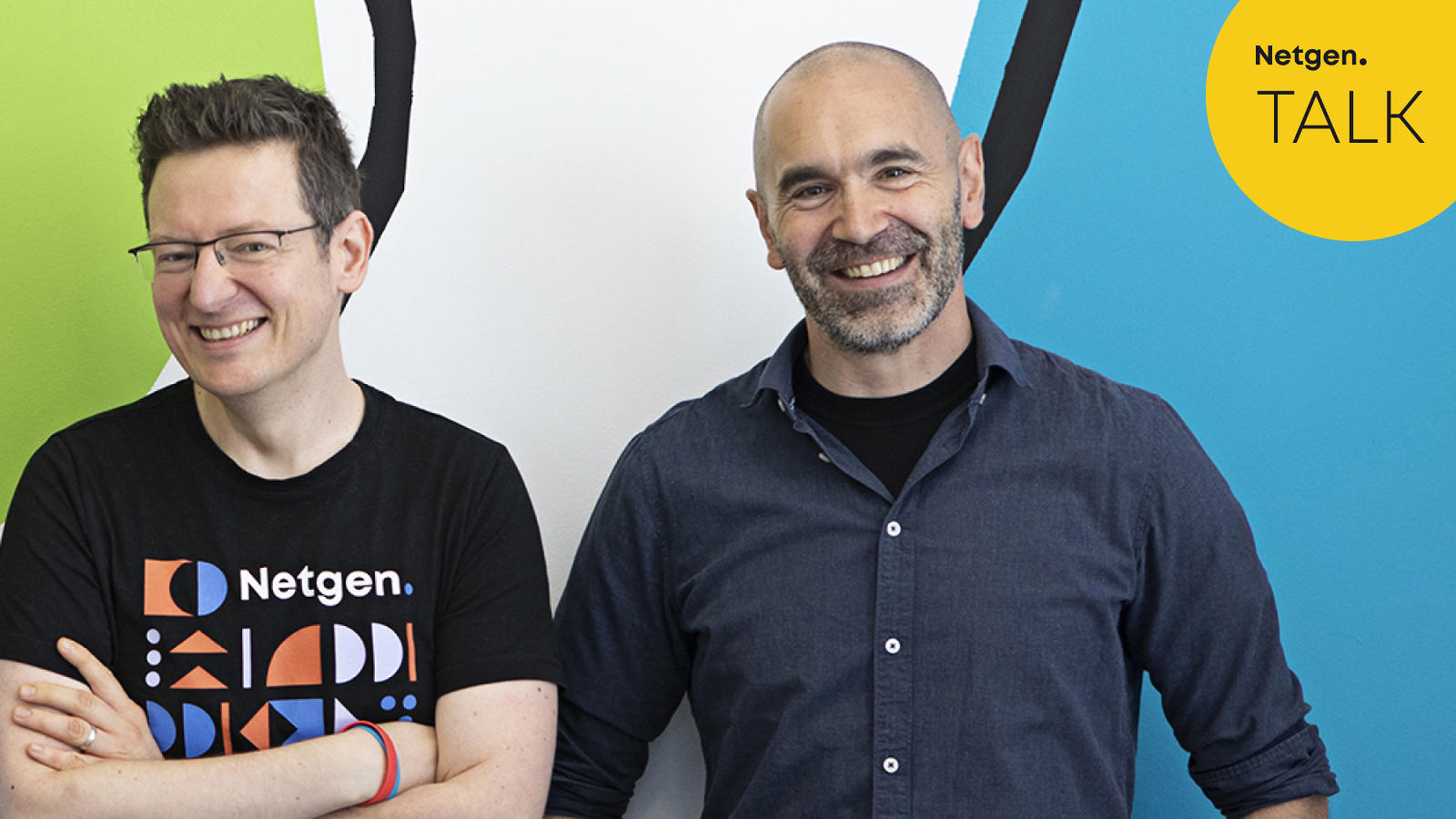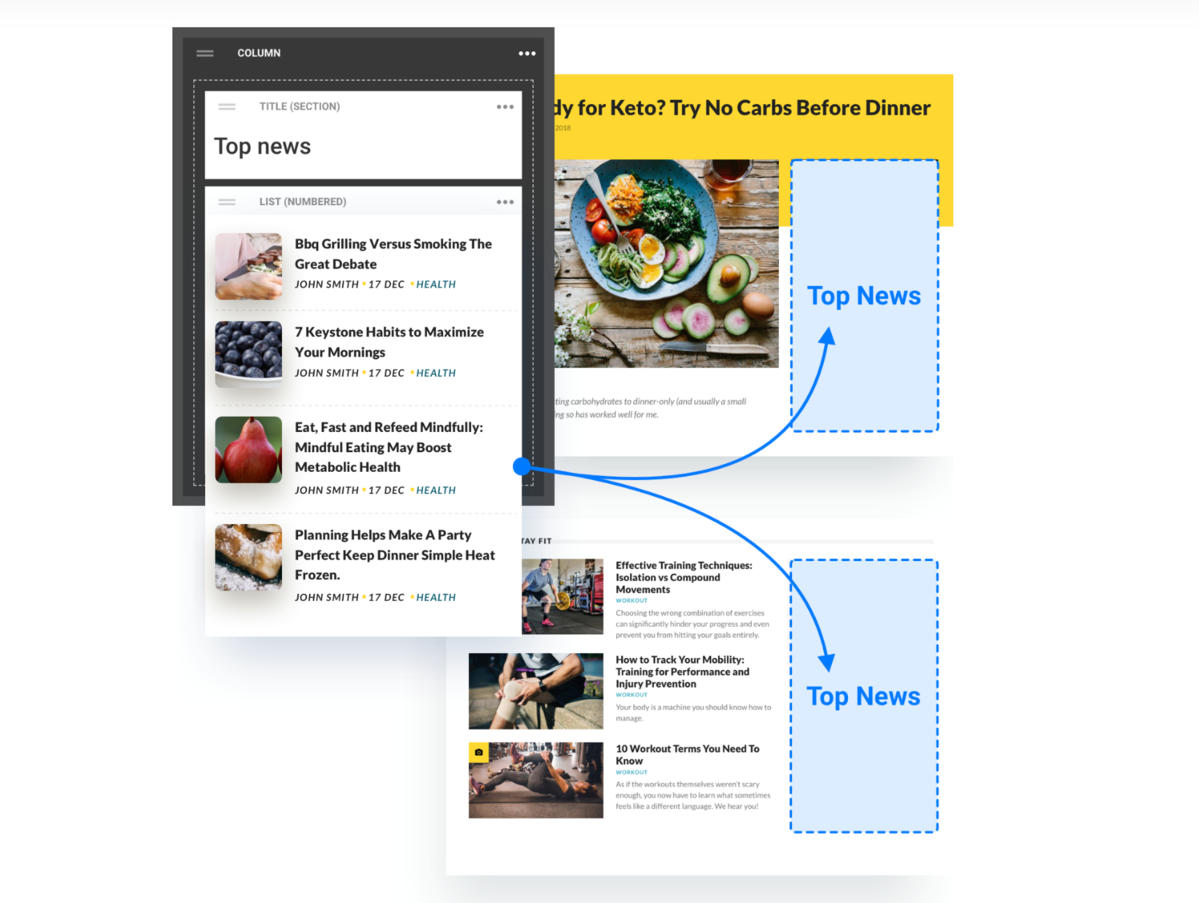Originally created by Danish-Canadian programmer Rasmus Lerdorf in 1993 and released in 1995, PHP has spread everywhere and has been the main programming language in the development of many of the world’s biggest sites, such as Facebook, Pinterest, and Wikipedia.
Right now, PHP is also one of the programming languages ubiquitously used by CMSes such as Wordpress, Drupal, Ibexa and many more. According to Wikipedia, as of January 2013, PHP was used in more than 240 million websites and was installed on 2.1 million web servers. As of March 2021, PHP was used as the server-side programming language on 79.1% of websites.
Its versatility makes it great for beginners and advanced developers. Extremely flexible, it can be used to build complex database-driven systems or very simple CMSes. Another major benefit of PHP is that it’s compatible with most databases out there, most notably MySQL, Postgres, MariaDB, Db2, MongoDB, Oracle and many more.
PHP is also supported by a large and active community of developers, which means that there is a wealth of documentation and resources available to help developers get started with the language. There are also a variety of frameworks and libraries available for PHP, such as Symfony and Laravel, which can help developers build web applications faster and more efficiently.
This, alongside its ability to handle complex website environments makes it a natural language for us at Netgen, since the large majority of the web solutions we build elevate CX & boost key metrics for complex digital environments.
Even with all that said, we can’t help but feel PHP is currently a very underrated programming language, undeservedly so - this is why we wanted to get some first hand experience and let our senior developers explain the benefits of PHP (and programming in PHP in Netgen) to you.
Netgen’s Tech Lead Edi Modrić has over 15 years of experience in PHP in Netgen alone and over 25 years of experience in computer programming. Full-stack developer Petar Španja has been developing software for the past 22 years and is an avid PHP enthusiast.
Tell us, why do you guys love PHP so much?
Edi: “Well, it’s simple enough and powerful enough. From version to version it just keeps getting better as are its features - it’s really evolving at a high rate. It’s perfect for beginners but we love it because it’s rounded enough to be able to handle large, complex projects. The PHP framework community is extremely strong and the tools used to help you make your projects better are widely available, probably better than those for Javascript, if I had to compare.”
Petar: ”Just to add, it’s also the coding in PHP itself, which is very close to pseudocode. The best way to describe it is that the code in PHP can be very close to what a programmer envisions in his mind. It has a mature object-oriented model that allows for writing complex and well-structured apps.”
What is different about Netgen when it comes to PHP-based development?
Edi: "First off - we have a bunch of people super experienced in PHP. It’s a great place to learn PHP and bounce ideas off of PHP developers who know the language inside out. Also, since we’re so focused on building up the PHP and Symfony communities, this allows us to take part in conferences that actually shape those technologies going forward - which is very rewarding in itself. Another thing is obviously mentoring, which is a big thing for me. I love to teach best practices to people just getting into PHP and that part is very prevalent in Netgen.”
And some of your favorite PHP-based projects?
Edi: “I definitely have to say Netgen Layouts, our Symfony based web layout management framework that helps content managers and web editors to easily build, manage and maintain complex websites. The entire product is also a testimony of how well we do PHP here - the code is good, we had time to write the whole project well from top to bottom, with no shortcuts or missing functionalities. I love working on it.”
“If we talk about non-Netgen projects, Symfony is, of course, my first choice. It has everything you might need to kickstart your own project and maintain it in the long run. It is powerful enough, even if you only use its components. It is being actively maintained by an awesome bunch of people, it is easy enough to contribute to and the community is really helpful.”
Petar: "From our own projects, it's definitely our stack, built around the Symfony framework and Ibexa/eZ Platform CMS. More specifically, it's Site API, a layer on top of Ibexa, built to solve common problems and reduce boilerplate code. I find working on projects that improve the experience of other developers very rewarding. From PHP projects in general, it might sound a bit weird, but I’ll choose Composer. It’s easy to neglect, but for me it’s the base of the PHP ecosystem. I would argue that the very fact it’s so easy to neglect makes for enough evidence of how good a dependency manager it really is.”
How do you see the future of PHP?
Petar: "I see it as a very dynamic thing, with each new version already bringing with it loads of new features and enabling quality code while maintaining its simplicity. It already has a healthy ecosystem with a great package manager, top quality development tools and open source components so there’s really no reason to think this trend won’t continue into the future."
Edi: "I expect that future versions will go the route of PHP 7, in terms of features. PHP 7 was a major revolution in terms of performance and features which means that it could finally compete with other, strongly-typed languages so I expect much of the same going forward."
So then, which features would you like to see in future PHP versions?
Edi: “Well, if I was asked this question 3 years ago, I would have listed every feature that became part of PHP 8! Now, I’m honestly not sure, since I’m not really missing anything. If I had to pick one, I guess it would be support for generics, which presents an important step towards PHP becoming even more mature as a gradually-typed language.”
Petar: “I absolutely agree with Edi. During the last couple of years PHP has really taken off in terms of features so, other than generics support that Edi mentioned just now, I would like to see an improved standard library in the future, with things like data structures extension becoming a core part of the language.”
Let’s end this on a high note. What is the biggest advice you would give young coders that are looking to start programming and maybe deciding on PHP as the language of choice?
Petar: “Try to make something open-source. Not just because people might find it useful, but to get a real feel for what it’s like to maintain something that will be used by other developers, through time. This will provide a good insight into what works and what doesn’t, and will definitely help you grow as a developer.”
Edi: "Well, the biggest advice would be not to listen to people complaining about PHP. Their arguments might have had some merit about 15 years ago, but today PHP is a damn powerful programming language. So, just keep at it!"
Also, want to start your PHP development career in Netgen?
Get in touch here, we’ll be glad to chat!

